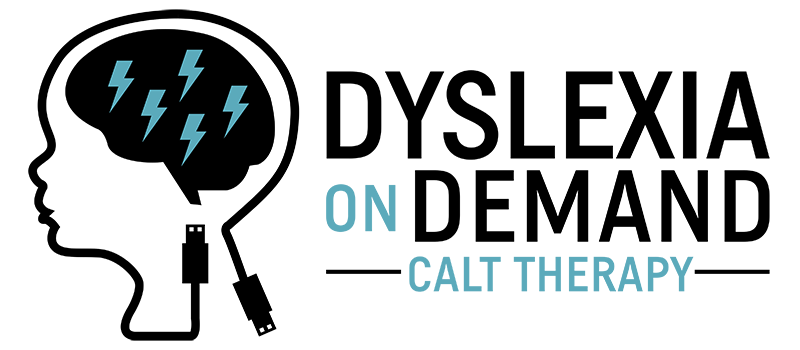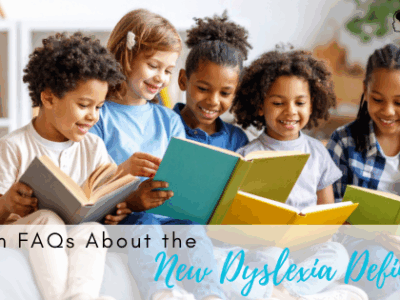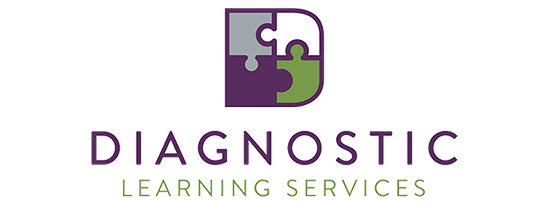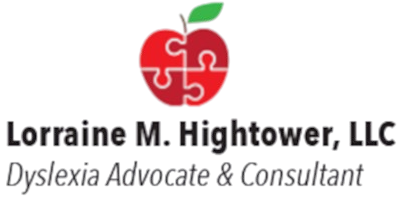
What you need to know about the Individuals With Disabilities Education Act
Protections for neurodivergent children are a patchwork across the country, with some states doing an excellent job and others not so well. Thanks to the Individuals with Disabilities Education Act (IDEA) however, all children with dyslexia are guaranteed at least the opportunity for a public school education equal to that of their neurotypical peers.
Originally passed in 1975 as the Education for All Handicapped Children Act, the law was reauthorized and renamed in 1990. Its goal is to provide children with disabilities the same educational opportunities as children without them.
Like many regulations, the goal of the law and its actual implementation are two different things, but parents and guardians can use the law to advocate for children who need it.
How the Individuals with Disabilities Education Act helps children with dyslexia
The IDEA defines 13 conditions that make a child eligible for protection under the law. One of those conditions is a Specific Learning Disability. Dyslexia is specifically named as one of those Specific Learning Disabilities.
IDEA provides a number of protections and programs for the children it is designed to serve, including an Individualized Education Program, Free Appropriate Public Education, least restrictive environment, appropriate evaluation, parent and teacher participation and procedural safeguards. Of these main elements, one of the most effective for neurodivergent children is the Individualized Education Program.
Often referred to as an IEP, the Individualized Education Program is a cornerstone of the IDEA, with the US Supreme Court having reaffirmed the importance of the program on more than one occasion.
Under the law, public schools must create an IEP for each child who is eligible. That IEP will include the child’s current academic status and will outline how their disability impacts their learning. It will also outline any accommodations or services that will be given.
The IEP is developed by a team that includes the child’s regular teacher, a special education teacher and an administrator, as well as the child’s parents.
How parents can advocate for their child
While neurodivergent children are also entitled to accommodations under another law, section 504 of the Rehabilitation Act of 1973, IDEA’s protections are better suited to ensuring that dyslexic children receive the education they are entitled to.
Parents should expect to be involved in the development of their child’s Individualized Education Plan and should anticipate regular meetings at their child’s school to evaluate how any accommodations and services are helping the student successfully navigate their educational journey.
Specific states may provide more protections
Throughout the country, various states have taken the lead in passing legislation that provides even more protections for neurodivergent children. Ranging from mandated interventions to training for teachers, these laws can be particularly helpful in leveling the educational playing field for children with dyslexia.
If a state does not provide specific legislation for dyslexia, parents can advocate their state legislatures to include the disability. Many advocacy organizations work to improve the educational opportunities for children.
Dyslexia on Demand provides Dyslexia therapy
At Dyslexia on Demand we have decades of experience helping neurodivergent children overcome challenges. Click here for more information.












